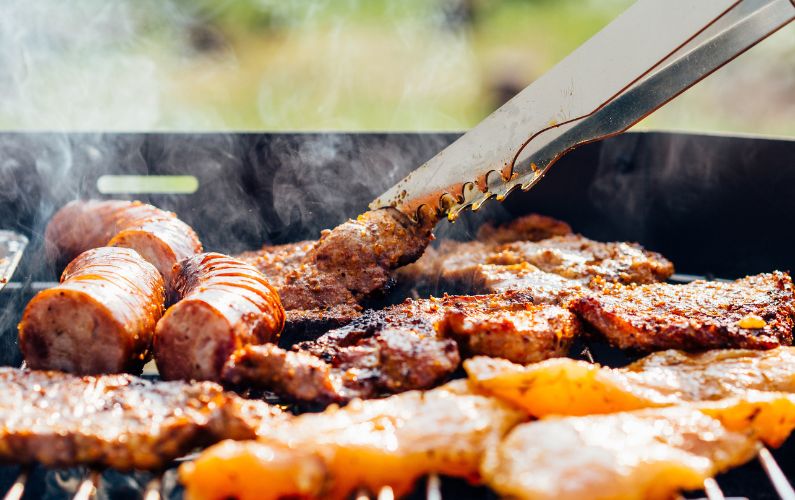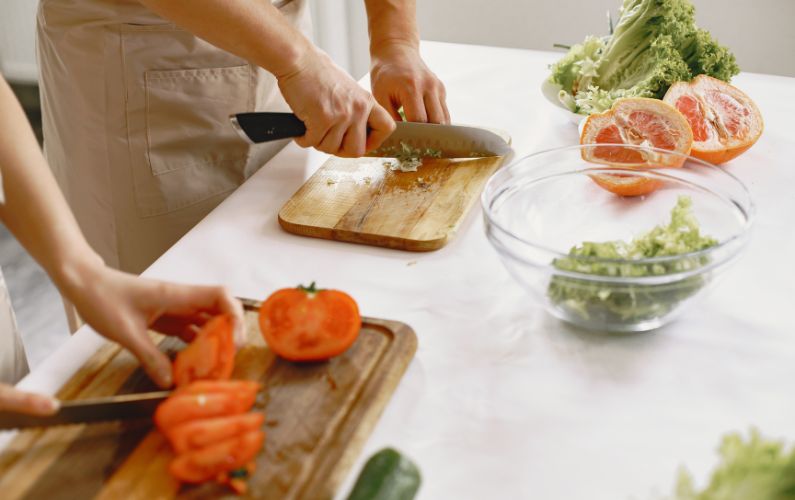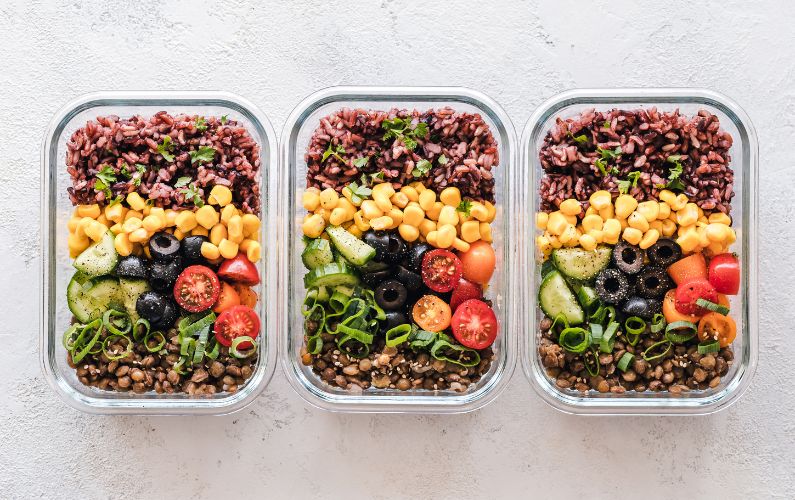Top Tips to Prevent Foodborne Illnesses and Accidents

Prevent foodborne illnesses with essential tips for safe food handling and grilling practices to ensure a healthy outdoor cooking experience.
As summer invites us to enjoy outdoor gatherings with barbecues and picnics, it’s crucial to prioritize food safety to prevent foodborne illnesses and accidents. Understanding the risks and following essential guidelines can ensure a healthy and enjoyable cooking experience.
Top Tips to Prevent Foodborne Illnesses and Accidents
Understanding Foodborne Illnesses
Foodborne illnesses are caused by consuming contaminated food or beverages. Bacteria, viruses, parasites, or toxins can contaminate food at any stage of its production, including processing, preparation, storage, and handling.
Common symptoms of foodborne illnesses include nausea, vomiting, diarrhea, abdominal pain, fever, and more severe complications, especially in vulnerable populations such as young children, pregnant women, older adults, and individuals with weakened immune systems.
Sources of Contamination
Contamination can occur due to several factors, including:
- Cross-Contamination: Transfer of harmful bacteria from one food to another, typically through utensils, cutting boards, or hands that touch raw meat, poultry, seafood, or eggs.
- Improper Temperature Control: Allowing perishable foods to remain in the temperature danger zone (between 40°F and 140°F or 4°C and 60°C) where bacteria multiply rapidly.
- Poor Personal Hygiene: Failure to wash hands thoroughly before handling food or after handling raw meats, using the restroom, or touching pets.
- Unsafe Sources: Consuming raw or undercooked foods, especially meats, poultry, seafood, and eggs, which may contain harmful bacteria.
Essential Tips for Safe Summer Barbecuing and Food Preparation
Handwashing and Preparation
Proper handwashing is fundamental to food safety. Wash hands with soap and water for at least 20 seconds before and after handling food, after using the restroom, and after touching pets or garbage. Use hand sanitizer if soap and water are not available.
Safe Food Handling Practices
- Separate: Keep raw meat, poultry, seafood, and eggs separate from other foods during storage and preparation to prevent cross-contamination. Use separate cutting boards, plates, and utensils for raw and cooked foods.
- Thaw Safely: Thaw frozen foods safely in the refrigerator, under cold running water, or in the microwave. Never thaw foods on the counter, as bacteria can multiply rapidly at room temperature.

Marination and Temperature Control
- Marinate Safely: Marinate foods in the refrigerator, not on the counter or outdoors. If you plan to use some of the marinade as a sauce on cooked food, reserve a portion separately before adding raw meat, poultry, or seafood.
- Cook Thoroughly: Use a food thermometer to ensure that foods are cooked to a safe internal temperature to kill harmful bacteria. Safe minimum internal temperatures can be found here.
Grilling Safety Tips
- Preheat and Clean: Preheat the grill to the correct temperature before adding food to ensure even cooking. Scrub the grill grates with a wire brush to remove residue from previous cookouts.
- Keep Hot Foods Hot: After cooking meat and poultry on the grill, keep it hot until served. Keep cooked meats hot by setting them to the side of the grill rack, not directly over the coals where they could overcook.
- Serve Safely: Use clean plates and utensils to serve cooked foods. Never use the same utensils and plates that were used for raw meat, poultry, or seafood.
Storage and Leftovers
- Refrigerate Promptly: Refrigerate leftovers and takeout foods within two hours to prevent bacteria from growing on them.
- Store Properly: Divide large amounts of leftovers into shallow containers for quicker cooling in the refrigerator.
- Reheat Safely: Reheat leftovers to 165°F (74°C) or until steaming hot.

Preventing Accidents During Summer Cooking
Fire Safety
- Grill Outdoors: Place the grill well away from the home, deck railings, and out from under eaves and overhanging branches.
- Supervise: Never leave your grill unattended.
- Clean Grills: Remove grease or fat buildup from grills and in trays below the grill.
Serving and Presentation
- Use Clean Utensils: Use clean utensils and cutting boards to prepare and serve food.
- Avoid Cross-Contamination: Keep raw meat, poultry, seafood, and their juices away from ready-to-eat foods.
Conclusion
By following these essential tips for preventing foodborne illnesses and accidents during summer barbecues and food preparation, you can ensure a safe and enjoyable outdoor cooking experience for yourself and your guests. Emphasizing proper hygiene, safe food handling practices, and grill safety measures not only helps prevent foodborne illnesses but also enhances the overall enjoyment of outdoor gatherings. Stay informed, stay safe, and savour the flavours of summer responsibly.


